The Silent Shame Of Privilege…Why Wealth Without Creation Breeds Suffering
The spiritual struggles of wealthy children or inheritors can often be traced back to a profound and deeply rooted principle—one that Kabbalistic teachings illuminate with remarkable clarity.
📌This explanation is based off of Kabbalistic teaching. Although you may or may not agree with the spiritual science of Kabbalah, this perspective may be something you want to consider. 📌
The Creator, much like any loving parent, desires to bestow everything—unlimited wealth and abundance, joy, and ease.
Yet, our souls, before entering this world, make a celestial contract:
“Don’t just give me everything. Allow me to create it for myself, to earn it, to become like You—the Creator.”
This innate yearning to create and achieve is fundamental to the human soul.
Without the process of effort, growth, and overcoming challenges, even the most abundant life begins to feel hollow.
For children born into immense privilege, the paradox becomes evident:
- Externally, they possess every material comfort.
- Internally, many feel a deep sense of unfulfillment, guilt, and shame.
Why?
Because the greatest fulfillment comes not from receiving but from creating.
When wealth or success is handed to them, it inadvertently robs them of the opportunity to cultivate their own identity, to overcome challenges, and to experience the empowerment of self-creation.
This is The Paradox of Inherited Wealth.
And, this dynamic often manifests as:
1. Guilt and Shame
- They compare their ease with the suffering of others and feel unworthy of their privilege.
- They sense an unconscious shame for not having "earned" their place in the world.
2. Loss of Purpose
- Without the drive to create or achieve something meaningful, life can feel aimless.
- They may feel disconnected from their deeper calling or spiritual mission.
3. Self-Sabotage
- Many turn to destructive behaviors—addictions, entitlement, or rejecting the wealth altogether—to mask the internal dissonance.
4. Identity Crisis
- Their self-esteem becomes tied to what they’ve inherited rather than who they are or what they’ve built.
Kabbalah teaches that the soul’s ultimate purpose is to transform darkness into light, to create fulfillment out of challenges.
Wealth, while a blessing, can create an environment devoid of struggle, which is essential for spiritual growth.
As a result, many inheritors feel trapped in a world where their freedom of choice, self-expression, and even self-esteem have been unintentionally stifled.
From a soul’s perspective, this creates a disconnect because:
- Fulfillment comes from becoming a creator, not just a receiver.
- True joy arises when we choose light in the midst of darkness, not when light is handed to us without effort.
For families navigating these dynamics, the goal is to restore balance—providing support and opportunities for the inheritors/next generation while ensuring they retain the freedom to create, grow, and define themselves.
Key principles to consider:
1. Foster Creation, Not Dependence
- Encourage children to pursue their own goals, take risks, and make mistakes.
- Teach them that their value lies in who they are, not what they’ve inherited or what their family has.
2. Introduce Meaningful Challenges
- Allow them to face adversity, solve problems, and take ownership of their decisions.
- Challenges build resilience and self-worth.
3. Cultivate Purpose
- Guide them in discovering their unique gifts and using wealth as a tool for impact and legacy.
- Encourage philanthropy, innovation, and the pursuit of personal passions, not just what the family wants them to do.
4. Nurture Spiritual Awareness
- Help them reconnect with their soul’s deeper mission: to transform and create.
- Teach them that fulfillment is a process, not a destination.
In the end, the greatest gift we can give our children isn’t just wealth—it’s the tools, wisdom, and freedom to become creators of their own lives.
This is how they align with their divine essence and experience the deep, lasting fulfillment their soul truly craves.
Through this lens, wealth becomes not a burden but a catalyst—a means to empower the next generation to choose light, embody purpose, and create a legacy far greater than material inheritance.

